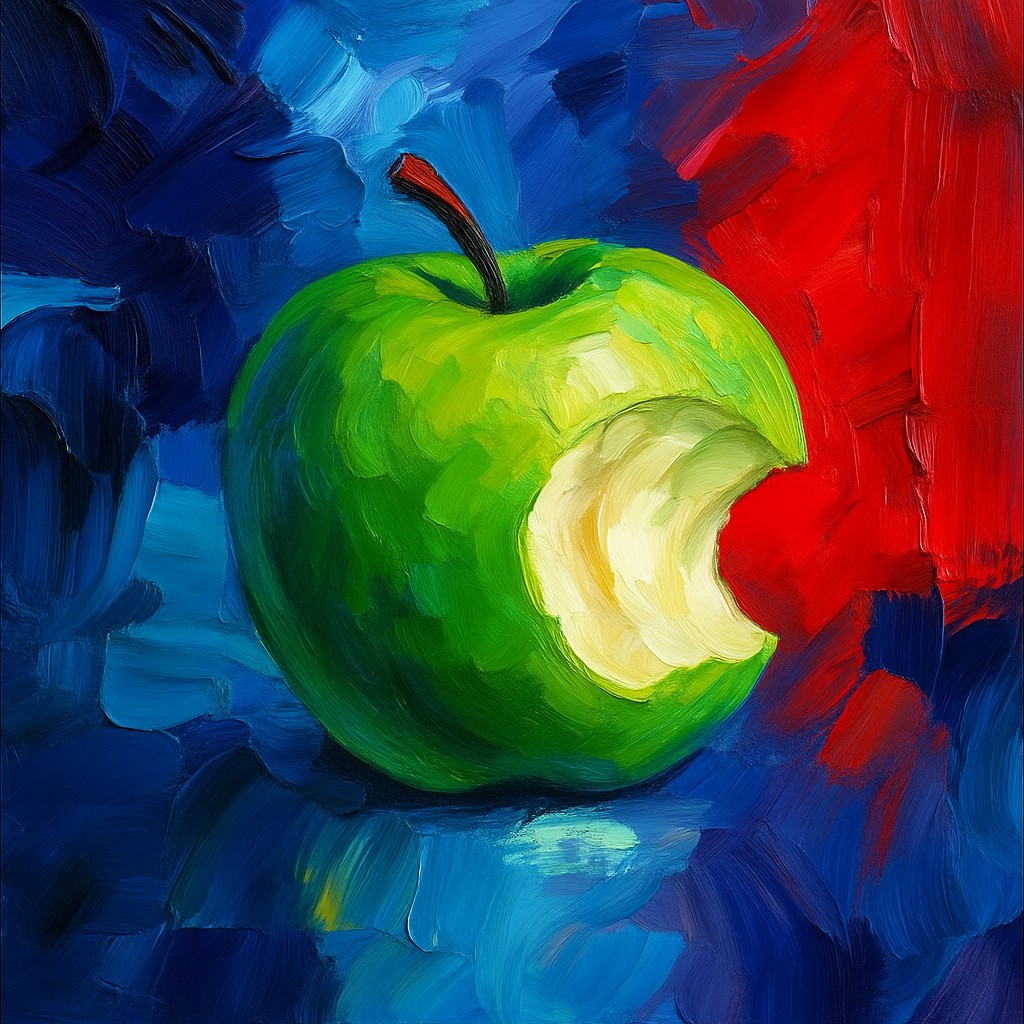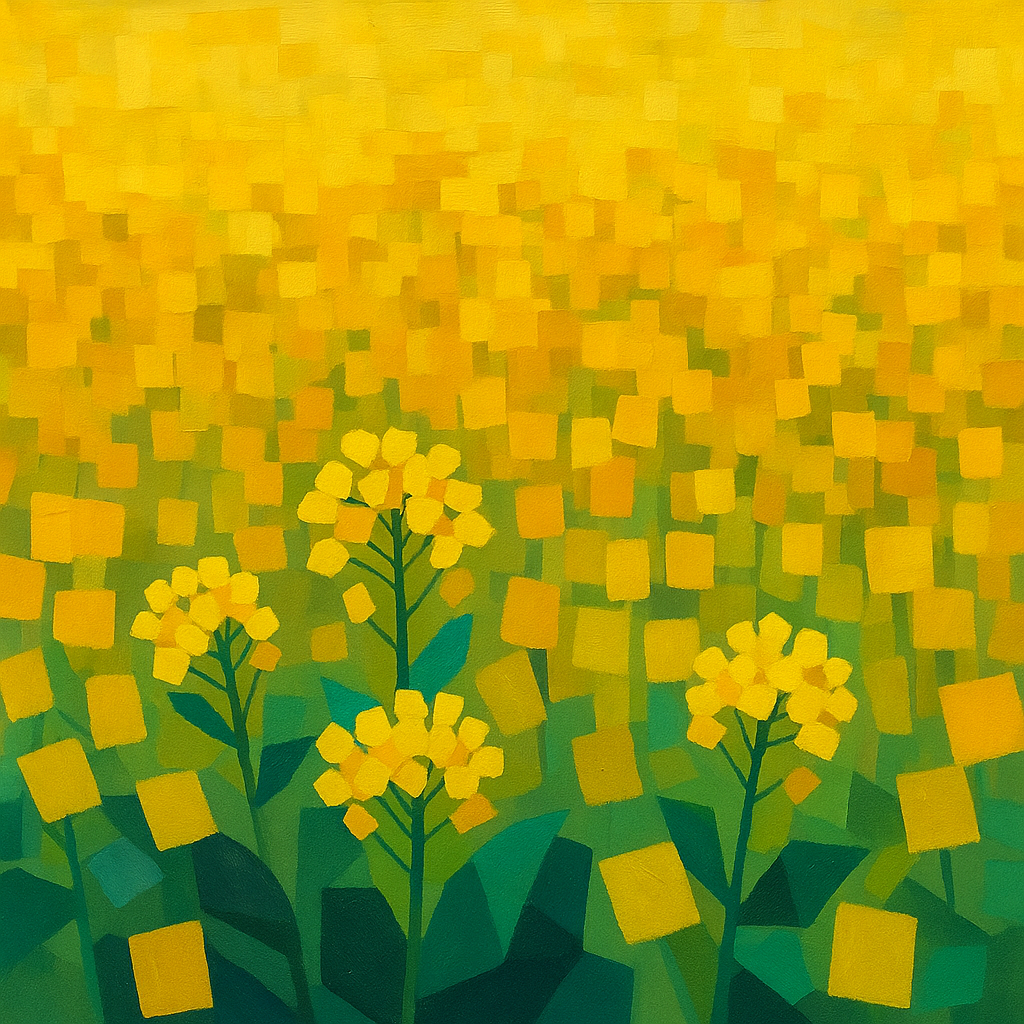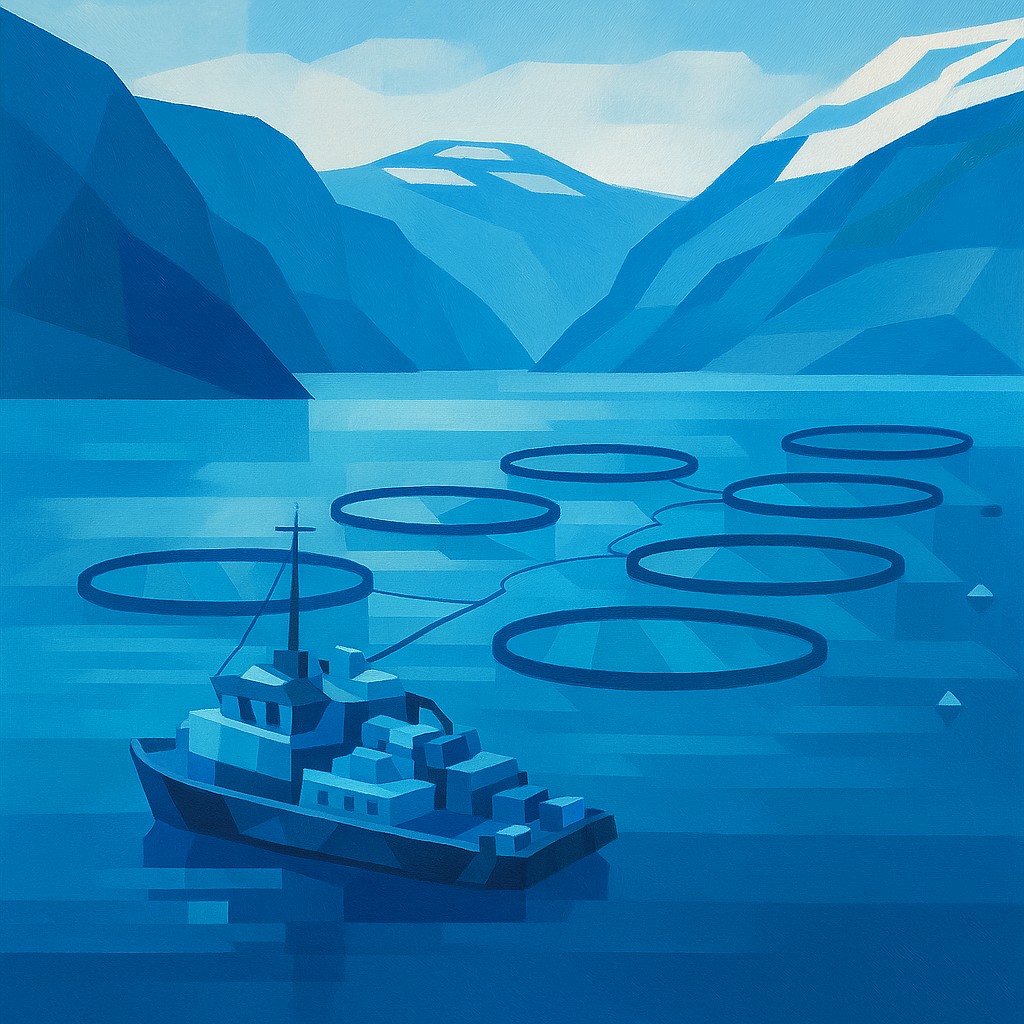Confessions of a Hypocrite
In the pursuit of tasty proteins, you are responsible for the lives and murders of thousands of animals over the course of a lifetime. Forget your flights, the infidelity, and the cheap products from China. If animals in production have a claim to being treated like the sentient and thinking beings they are, your diet is probably the worst thing you do.

Ki-generated illustration from Sora.
Main moments
It is strikingly that the Norwegian social debate on agriculture is primarily about health and keeping farmers working. Norwegians' health would most likely have improved, not worse, if they stopped eating meat. And farmers can produce more vegetables, or take other work if it doesn't taste good.
In Norway, tens of millions of land animals and almost one billion fish are exploited because we humans want meat and animal products. The most important question regarding agriculture is how the animals are doing and whether we are justified in treating them as we do.
I became a vegetarian ten years ago. I was convinced by the following line of reasoning: Animals have the capacity to suffer. Many animals in agriculture live lives with far too much suffering. We should have a good reason if we are going to inflict expensive suffering. My desire for meat rather than plant-based food is not a good enough reason. Therefore, I should not eat meat and animal products.
I'm not saying this from my high horse. I, for one, have eaten more than my share of meat before converting to vegetarianism. Secondly, I am still responsible for the suffering of many animals. I admittedly skip the chicken fillet and beef, but I still eat cheese and yogurt. I'm a vegetarian, not a vegan.
The vegetarian is not easy to love. They dare not follow the logical conclusion of their argument and often end up moving the problem, rather than solving it. They replace meat with increased consumption of eggs, milk and other animal products. Vegetarians therefore live in a life lie. They want to distance themselves from the exploitation of animals, but continue to participate in the practice — albeit to a lesser extent.
But isn't there a fundamental difference between vegetarians and meat eaters in that vegetarians don't eat the meat itself; they only eat the fruits of the animals' reproductive apparatus? This is how vegetarians are on the team with life, while meat eaters are on the team with death. There will be no meat without killing, but if you have eggs and milk, the animals must be alive.
It sounds forgivable, but in modern agriculture, animals are killed when they no longer produce to the maximum. A dairy cow lives longer than a bull, but is nevertheless killed in its youth. All vegetarians are therefore involved in the killings, since they demand products in a market where killing is part of the business model.
Nor is it the killing of animals that is the greatest evil, but the suffering of animals. When consumers demand cheap pet products, the consequence is poor animal welfare. The animals therefore stand in close quarters and in many cases cannot meet their basic needs. Caged hens have particularly poor conditions.
Vegetarians, however, can console themselves with two things. They are not taking part in the biggest animal welfare disaster in Norway. No, I'm not talking about chicken, although chicken lives sad, short and pointless lives in factory halls. No, I'm talking about the farmed salmon.
98 percent of all animals in Norwegian livestock production is farmed fish. And the mortality rate, a credible if not perfect indicator of animal welfare, is appallingly high. In the sea phase, more than 15 percent of salmon die before slaughter, while the same “only” applies to eight percent of cows. If we count fish at all stages, approximately 200 million farmed salmon die in Norway every year, as a result of poor conditions. If there's one thing you should avoid, it's eating farmed salmon. The farming industry is Norway's biggest animal welfare disaster.
Let me finally return to the argument that made me become a vegetarian. Over time, I have become more of a vegetarian than I was at first. First of all, I'm not sure how bad it is to have animals in Norwegian agriculture. I'm pretty sure life in the cages is excruciating and I'm therefore proud to boycott the farming industry. The same goes for life as a chicken in factory halls, which has too little good in it to justify the suffering.
It's not as obvious that life as a cow is so bad that the benefits don't make up for the downside. It's true enough no sunshine story to be a cow in Norway. Most of the year, the cow stands inside and gets few chances for free unfolding. But if we all became vegans, these animals wouldn't be allowed to live at all.
When I ask myself: would I rather cows not be allowed to live, I'm not sure the answer is yes. But when I turn it around, I become more secure in my cause. Imagine we all drank oat milk, ate plants and meat produced in laboratories. Then the Centre Party suggested that we should, for the sake of the animals, bring back the old agriculture. Get the animals into large factory halls, and stand in stalls on hard floors ten out of twelve months a year. Then I think, no, that doesn't hold. Maybe I made the right choice ten years ago. And then I'd rather work on the next step to becoming a better person; becoming a vegan.
More from Langsikt

The Arguments "Bondelaget" Leads Are Weak
Farmers should not stand in the way of GMOs that can make the farming industry more sustainable and strengthen fish welfare.

Gene technology for better fish welfare
GMO anxiety does not merely cost the aquaculture industry billions of Norwegian kroner; it also harms the lives and health of salmon. To prevent avoidable suffering, industry leaders and policymakers must act quickly.

Norway's underwater blind zone
Norway has a moral blind zone underwater. Annually, 200 million farmed salmon die before slaughter, and behind the figure lurks even more lives. Albert Didriksen and Aksel Braanen Sterri from the Norwegian think-tank Langsikt describe ethical challenges in salmon farming.

Consultation input to the Aquaculture Communication 2025
Here, Long-Term follows its consultation input to Meld. St. 24 on the Future of Aquaculture, where we support the proposal for a loss tax for farmed fish.